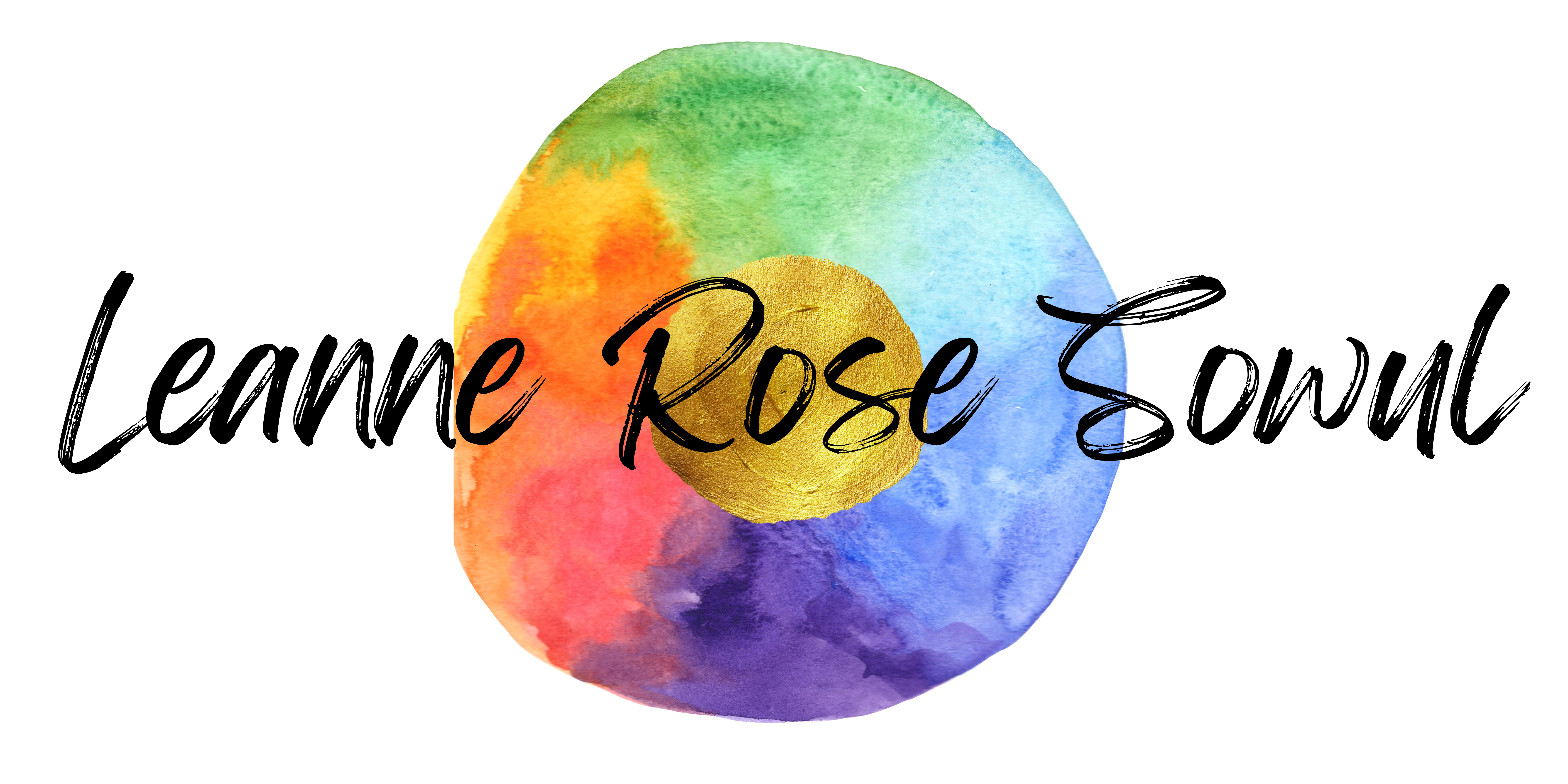Last fall, on the advice of the Happier podcast hosts, I finally read Gary Chapman’s classic book, The Five Love Languages. I put off reading it for so long because although I love books that help me know myself better, this book seemed cheesy and unnecessary. I know how to love myself, and I know how to love my family. I didn’t think I needed a language interpreter.
Boy, was I wrong.
I learned that everyone has a “love language,” a method of giving and receiving love to which they best respond. There are five languages: quality time, acts of service, words of affirmation, physical touch, and gift giving. Everyone has a primary and secondary love language. If a pair have different love languages, one may need to show love in ways that come less naturally, in order for the other to feel it. For example, if a wife speaks Words of Affirmation and her husband isn’t verbally expressive, he may need to work harder to show love in the way the wife needs. It can be challenging. But the payoffs are huge. I’ve experienced it for myself. 
In the past few weeks, I’ve been struggling with my son. We’ve always been very close, and I generally feel like I understand him on an intuitive level. But he’s almost five now, smart and independent. He’s going through an emotional growth spurt that’s creating an underlying tension between us, manifesting every time I need him to do a series of things (like when getting out of the house). Our relationship hasn’t been as easy as it’s been in the past.
One night last week, I was looking through my Kindle and found The Five Love Languages for Children, a book specifically for parents. I’d downloaded it when it was on sale shortly after I’d read the original Five Love Languages book. I skimmed it. My son’s love language jumped out at me, and I immediately knew why he hadn’t been responding well to me lately.
His love language is quality time. And, due to the busyness of late spring and the competition with his baby sister, he hadn’t been getting enough of it from me. I’d been playing with him, talking to him, and taking care of him as usual. But I’d been more distracted and hurried, and so his emotional needs hadn’t registered those things as quality time. He wasn’t feeling loved, so he was acting out.
So the next day, I tried something different. I re-framed our time together. I told him that he could have “special Mommy time” after breakfast until we had to go to school. His whole body lit up with happiness. We played his current favorite game (Uno) for a few minutes, and I completely focused on him. When it was time to go to school, he was totally cooperative. I got similar results by bestowing “special Mommy time” after lunch and before bed. The day went beautifully, he seemed especially happy, and I got extra “I love yous” and hugs.
In reality, I don’t think I spent much more time with him than I normally do. It was a busy day, and I had my usual chores to do. But because I knew the quality of the time was important, I stressed to him that it was a priority. I gave it a name, and let him dictate how it was spent. And I enjoyed it more, too, because I was staying in the moment with him.
I’ve had similar positive results when focusing on my husband’s love language. Luckily, we have the same primary language, so it’s not a struggle for me to act in a way he responds to, but it still helps me prioritize things that will be important to him.
Do you know your children’s love languages? What about your spouse’s, or your parents’? If you don’t, I’d encourage you to take the test. If nothing else, it’s a great discussion topic with your loved ones.


I read this book not too long ago, and I thought it was enlightening. My husband and I have different love languages and it does make it more challenging to express love and to feel loved. My son is even more challenging, as I have had a hard time deciding which is his primary love language! I wish I’d had the book on children’s love languages when he was little.
Something jumped out at me in your first paragraph: “I know how to love myself”–for some reason, I never put together my love language (words of affirmation) with showing love to myself. This is something I want to ponder, as I am more likely to be self-critical than loving in the words I say to myself.